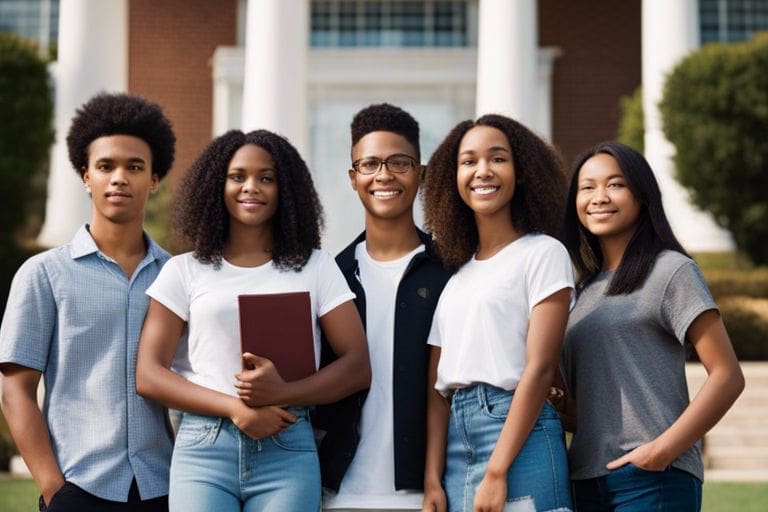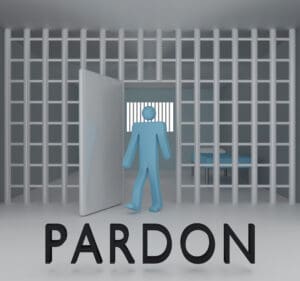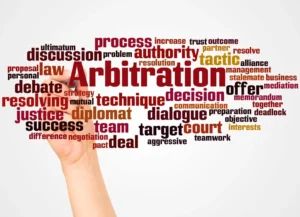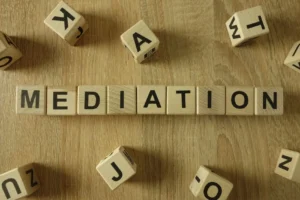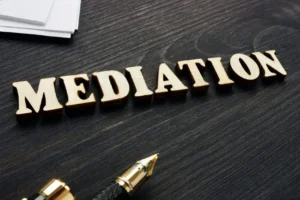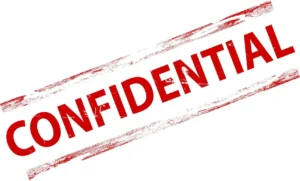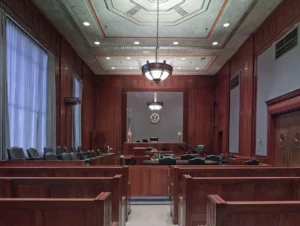Student rights are fundamental protections granted to students within the educational system, ensuring fair treatment, freedom of expression, and equal access to education. These rights are safeguarded by various legal frameworks, providing students with the tools they need to advocate for themselves and address any grievances they may encounter. This article delves into the essential aspects of student rights, offering a comprehensive guide to understanding and navigating these protections.
Legal Foundations of Student Rights
The legal foundation of student rights is primarily rooted in constitutional law, particularly the First Amendment, which guarantees freedom of speech and expression. The Fourteenth Amendment further provides equal protection under the law, ensuring that students are not discriminated against based on race, gender, or other characteristics. These constitutional protections are complemented by federal laws such as the Civil Rights Act and the Individuals with Disabilities Education Act (IDEA), which provide additional safeguards.
In the landmark case of Tinker v. Des Moines Independent Community School District (1969), the U.S. Supreme Court ruled that students do not “shed their constitutional rights to freedom of speech or expression at the schoolhouse gate.” This decision established a precedent for protecting student expression, provided it does not disrupt the educational process.
Student Rights in the Classroom
Student rights in the classroom encompass a range of protections, from the right to free speech and expression to the right to privacy and equal access to education. Students have the right to voice their opinions, wear clothing that expresses their beliefs, and form clubs and organizations, provided these activities do not interfere with school operations.
However, these rights are not absolute. Schools can impose reasonable restrictions to maintain a safe and orderly environment. For instance, speech that is obscene, promotes illegal activity, or substantially disrupts the educational process can be regulated. Balancing these rights with the need for discipline and safety is a complex task that often leads to legal disputes.
Privacy Rights and Search Policies
Privacy is another critical aspect of student rights. The Fourth Amendment protects students from unreasonable searches and seizures, but this right is modified in the school context. Schools have the authority to conduct searches of students and their belongings if there is reasonable suspicion of rule violations or illegal activity.
The standard for searches in schools is lower than in other settings due to the need to maintain a safe educational environment. For example, in New Jersey v. T.L.O. (1985), the Supreme Court held that school officials only need reasonable suspicion, not probable cause, to conduct searches. This ruling balances the need for student privacy with the school’s responsibility to ensure safety.
Disciplinary Actions and Due Process
When it comes to disciplinary actions, students are entitled to due process protections. This means that before a student can be suspended or expelled, they must be given notice of the charges against them and an opportunity to present their side of the story. The level of due process required depends on the severity of the punishment.
For minor infractions, informal procedures such as a meeting with the principal may suffice. However, for more severe penalties like expulsion, formal hearings are required. These proceedings ensure that students are treated fairly and that disciplinary actions are justified.
Case Studies and Examples
Consider the case of Sarah, a high school student who was suspended for wearing a t-shirt with a political slogan. Sarah argued that her suspension violated her First Amendment rights. With the help of a civil liberties attorney, she challenged the suspension in court and won, setting a precedent for student free speech rights in her district.
In another instance, a group of students was disciplined for protesting against school policies. The students claimed their right to peaceful assembly was infringed. The court ruled in their favor, emphasizing that students have the right to engage in peaceful protests, provided they do not disrupt the educational environment.
Comparative Analysis
Comparing student rights in the United States with those in other countries reveals significant differences. In some nations, student rights are more limited, with strict regulations on speech and assembly. For example, in China, student expression is heavily regulated, and political activities are often prohibited.
Conversely, countries like Canada and Germany offer robust protections for student rights, similar to those in the U.S. These comparisons highlight the importance of a strong legal framework in safeguarding student freedoms and ensuring a fair and inclusive educational environment.
Detailed Breakdown of Legal Consequences
Failure to uphold student rights can lead to serious legal consequences for educational institutions. Schools may face lawsuits, which can result in significant financial liabilities, mandated policy changes, and reputational damage. For instance, a school district that unlawfully discriminates against students or violates their privacy rights can be subject to federal investigations and penalties.
Additionally, failing to provide due process in disciplinary actions can lead to court interventions, requiring schools to reinstate students and potentially pay damages. Upholding student rights is not only a legal obligation but also essential for fostering a positive and equitable educational environment.
Step-by-Step Guide with Visuals
- Recognizing Student Rights: Students and educators must understand the basic rights granted within the educational system. Visual aids such as infographics can highlight key rights, including free speech, privacy, and equal treatment.
- Identifying Violations: It’s crucial to recognize when student rights are being violated. Flowcharts can help students navigate the steps to take if they believe their rights have been infringed, from reporting the issue to seeking legal assistance.
- Advocating for Rights: Students should know how to effectively advocate for their rights. Diagrams can illustrate the process of filing complaints, engaging with school administration, and, if necessary, pursuing legal action.
Technology and Tools
Technology plays a vital role in supporting and protecting student rights. Online platforms provide resources and information on student rights, allowing students to educate themselves and seek help when needed. Digital tools like apps and websites can offer guidance on navigating legal challenges and connecting with advocacy groups.
Additionally, technology can facilitate communication between students and legal professionals. Virtual consultations and online legal services make it easier for students to access legal advice and representation, ensuring their rights are protected.
Interactive Elements
Interactive elements can enhance understanding and engagement with student rights. Online forums and discussion groups provide spaces for students to share experiences, seek advice, and support each other. Interactive quizzes and educational games can help students learn about their rights in an engaging and accessible way.
Moreover, virtual workshops and webinars can offer in-depth information and practical tips on advocating for student rights. These interactive sessions enable students to ask questions, share concerns, and receive personalized guidance from legal experts.
FAQ Section – Questions and Answers
Q: What are the basic student rights in schools?
A: Basic student rights include freedom of speech, the right to privacy, and the right to due process in disciplinary actions. These rights ensure that students are treated fairly and can express themselves within the educational environment.
Q: Can schools limit student speech?
A: Yes, schools can impose reasonable restrictions on student speech to maintain a safe and orderly environment. However, these limitations must be justified and cannot infringe on students’ constitutional rights.
Q: What should a student do if their rights are violated?
A: If a student’s rights are violated, they should report the issue to school administration and seek legal advice if necessary. Documenting the incident and gathering evidence can help support their case.
Legislative Changes and Trends
Recent legislative changes have significant implications for student rights. For instance, new laws addressing student privacy in the digital age have been enacted, ensuring that students’ online activities and personal information are protected. These changes reflect the evolving nature of education and the need to adapt legal protections accordingly.
Trends such as increased awareness of mental health and the push for inclusive education also impact student rights. Legislators are increasingly focusing on creating policies that support the well-being of all students, ensuring that educational institutions provide a safe and supportive environment.
Ethical Considerations
Ethical considerations are paramount in maintaining student rights. Educators and administrators must navigate complex issues such as confidentiality, fairness, and the equitable treatment of all students. Upholding high ethical standards ensures that student rights are respected and protected.
Ethical dilemmas often arise in situations involving discipline, privacy, and equal access to education. Institutions must have robust policies and training programs to address these challenges and ensure that all actions taken are in the best interest of the students.
Type of Attorney for Student Rights Issues and Finding Them on Attorneys.Media
When dealing with issues related to student rights, it is crucial to have the right legal representation. Attorneys specializing in education law or civil rights law are well-equipped to handle such cases. These professionals understand the nuances of student rights and can provide expert advice and representation.
To find an attorney, start by researching local law firms that specialize in education law or civil rights law. Look for attorneys with experience in handling student rights cases and consider their reputation and client reviews. Attorneys.Media offers a comprehensive directory of legal professionals, making it easy to find an attorney who meets your needs.
Attorneys.Media not only connects you with qualified attorneys but also provides valuable resources and information to guide you through legal challenges related to student rights. With detailed profiles, client reviews, and direct contact options, Attorneys.Media ensures you have the support you need to protect your rights.
Case Study: Defending Student Rights in Court
Consider the case of Alex, a high school student who faced disciplinary action for organizing a peaceful protest against school policies. Alex’s parents hired an attorney specializing in student rights to defend their case. The attorney argued that the school’s actions violated Alex’s First Amendment rights, and the court ruled in Alex’s favor. This case highlights the importance of legal expertise in defending student rights.
In another instance, a group of students sued their university for violating their privacy rights by monitoring their online activities without consent. The attorney representing the students successfully argued that the university’s actions were unconstitutional, leading to policy changes that protected students’ privacy.
Comparative Analysis: Student Rights Around the World
Examining student rights in different countries reveals varying levels of protection and challenges. In some nations, student rights are more limited, with strict regulations on speech and assembly. For example, in countries with authoritarian regimes, student expression is often heavily restricted, and political activities are prohibited.
Conversely, countries with strong democratic institutions, such as those in Western Europe, offer robust protections for student rights. These comparisons highlight the importance of a strong legal framework in safeguarding student freedoms and ensuring a fair and inclusive educational environment.
Conclusion
Student rights are essential for ensuring that students receive a fair, inclusive, and respectful education. Understanding the legal protections available, recognizing potential violations, and knowing how to advocate for these rights are crucial for both students and educators. By staying informed, utilizing available resources, and seeking legal expertise when necessary, individuals can uphold student rights and contribute to a positive and equitable educational community.

